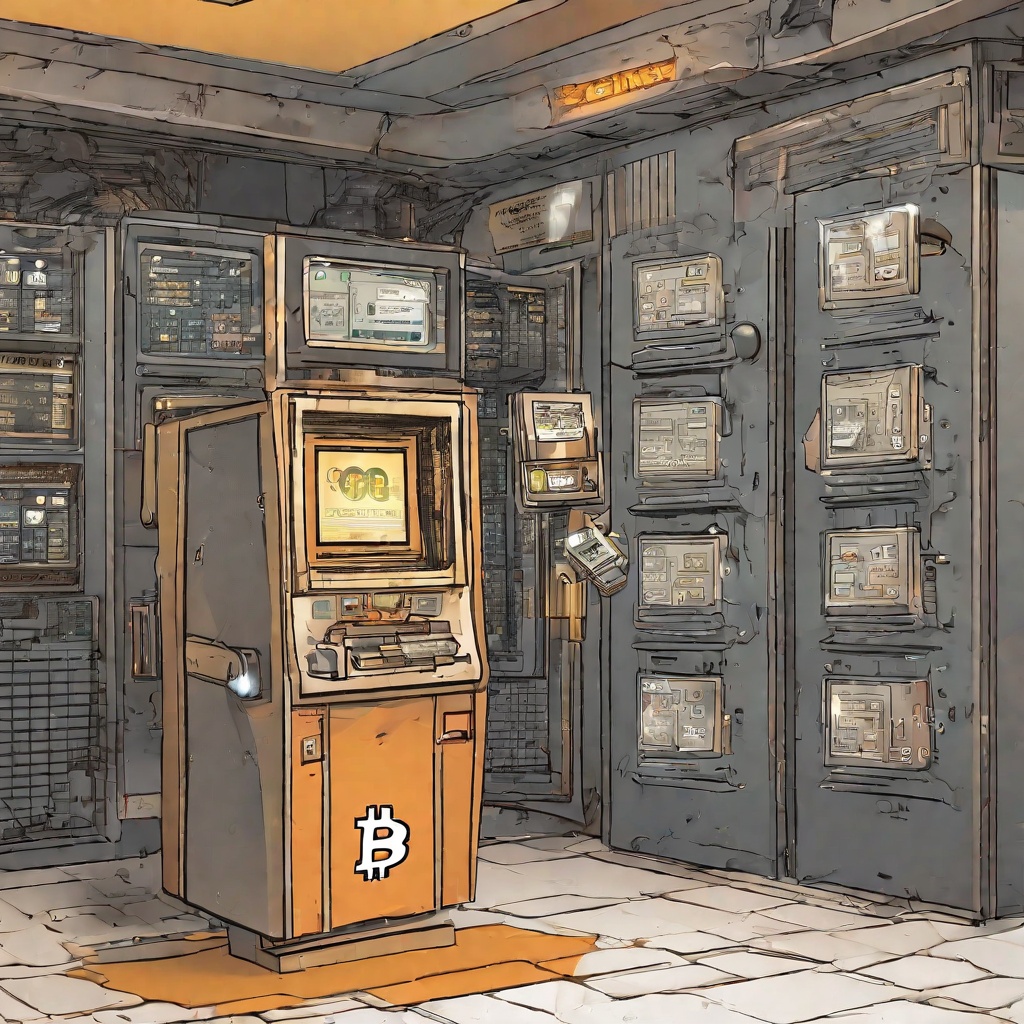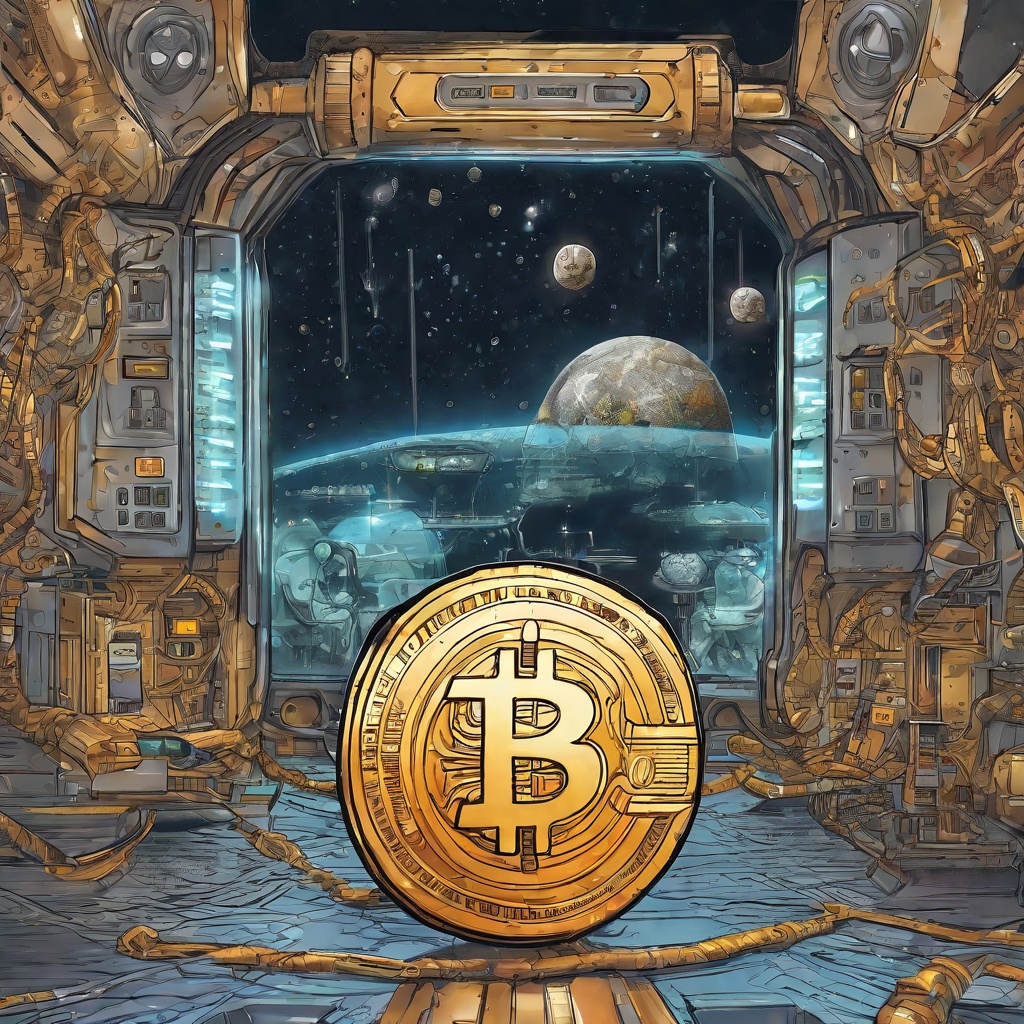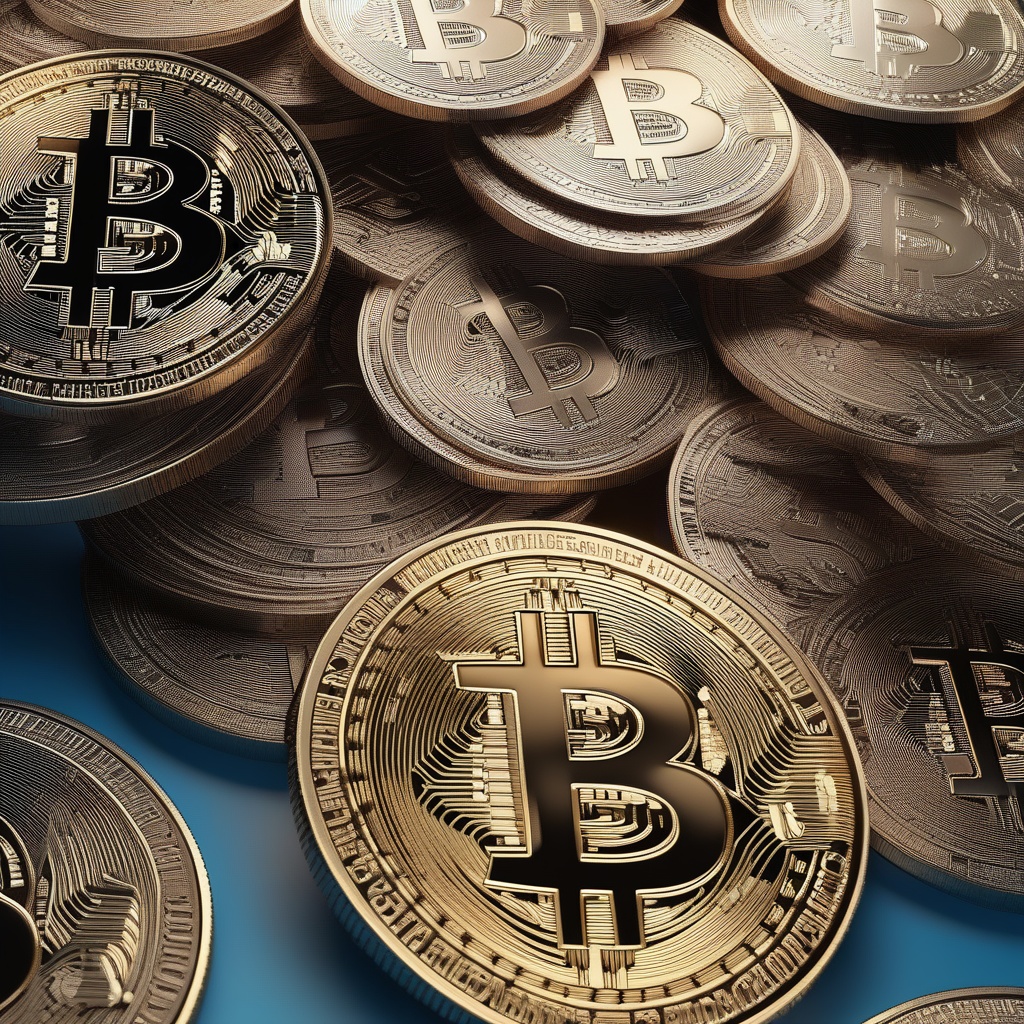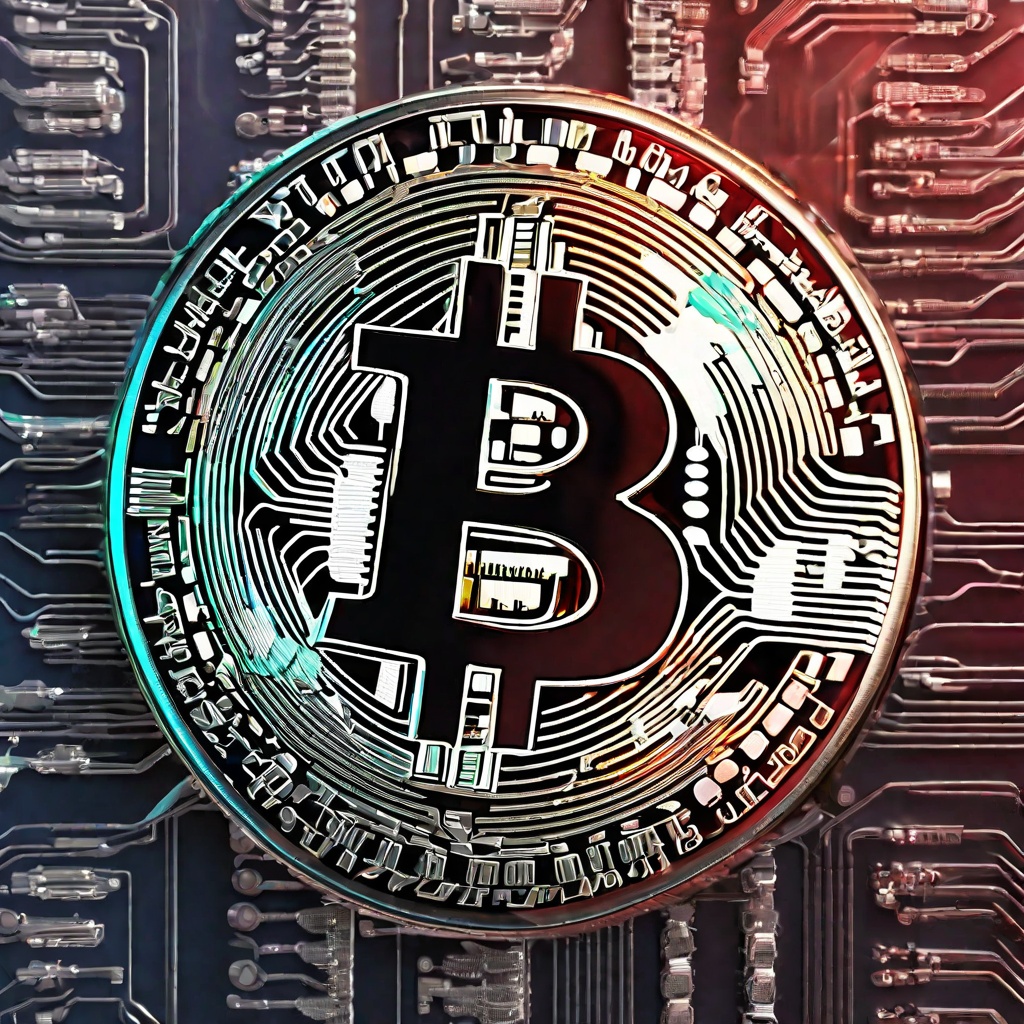Which country has the best gold in the world?
Ah, an intriguing inquiry indeed! When it comes to determining which country holds the best gold in the world, one must first define what "best" actually means. Is it about quantity? Quality? Or perhaps, the historical and cultural significance attached to it? From a quantitative perspective, several countries stand out. For instance, the United States holds vast amounts of gold in its official reserves, making it a significant player on the global stage. South Africa, once a major gold producer, also boasts impressive reserves. But if we delve deeper into the quality of gold, some might argue that certain mines produce purer and more refined gold than others. This, however, is a highly subjective matter, as gold is essentially a chemically inert metal and its purity depends on the refining process. Moreover, the cultural and historical value of gold cannot be overlooked. Countries like India and China, with rich historical traditions and deep-rooted cultural significance attached to gold, might hold a special place in this regard. So, to answer your question, it really depends on what criteria you're using to evaluate the "best" gold. Quantity? Quality? Or historical and cultural significance? Each country has its unique story and value attached to its gold reserves.

Why is Bitcoin higher than gold?
Why is the value of Bitcoin surpassing that of gold?" This question has garnered much attention in recent years, as the two assets have traditionally been seen as stores of value. Yet, Bitcoin, a digital currency born out of cryptography, is now commanding higher prices than gold, the precious metal that has been a symbol of wealth for millennia. Could it be that Bitcoin's scarcity, capped at 21 million coins, is driving its price higher? Or is it the decentralized nature of Bitcoin, which removes the need for trusted third parties, that investors find appealing? Perhaps it's the global adoption of Bitcoin as a medium of exchange, despite its volatile nature, that's pushing its value upward. Gold, on the other hand, has traditionally been a safe haven in times of economic uncertainty. But with the rise of digital currencies and the changing financial landscape, is gold's role as the ultimate store of value being challenged? I must ask, what factors are really driving Bitcoin's value beyond gold? Is it a mere bubble waiting to burst, or is Bitcoin truly revolutionizing the way we view and store wealth?

Who owns the largest amount of gold?
Who, might I ask, holds the largest quantity of gold in the world? This question piques my curiosity, as gold has always been a symbol of wealth and power throughout history. Is it a private individual, perhaps a billionaire who has amassed a fortune through shrewd investments and business dealings? Or could it be a nation state, with vast reserves accumulated over centuries for economic stability and as a hedge against inflation? The answer, I imagine, lies somewhere in the shadowy realm of finance and economics, where fortunes are made and lost with the fluctuations of markets. It's a question that deserves further exploration, to unravel the mysteries of who truly holds the keys to this precious metal's kingdom.

What is the market cap of gold?
Could you please elaborate on the market capitalization of gold? I'm quite fascinated by the concept and how it compares to the volatile world of cryptocurrencies. I understand that gold has been a trusted store of value for centuries, but how do we actually calculate its market cap? Is it based on the total amount of gold mined throughout history, or does it involve other factors as well? I'm also curious to know how the market cap of gold fluctuates and what impact it has on the global economy. Could you please shed some light on this topic?

Why is gold better than Bitcoin?
Why do people often tout gold as a superior asset compared to Bitcoin? Gold has been a store of value for centuries, with its rarity and physical properties lending it credibility. It's seen as a safe haven in times of economic uncertainty. But what about Bitcoin? It's a digital currency that's decentralized, secure, and potentially more scarce than gold itself. Could it not offer similar benefits? Is gold's real advantage simply historical inertia, or is there something deeper that makes it superior to digital currencies like Bitcoin? I'm curious to understand the arguments behind this perceived superiority. After all, Bitcoin has the potential to revolutionize the financial system with its unique properties. Shouldn't we consider it as a viable alternative to gold, or perhaps even a superior asset in the long run?

